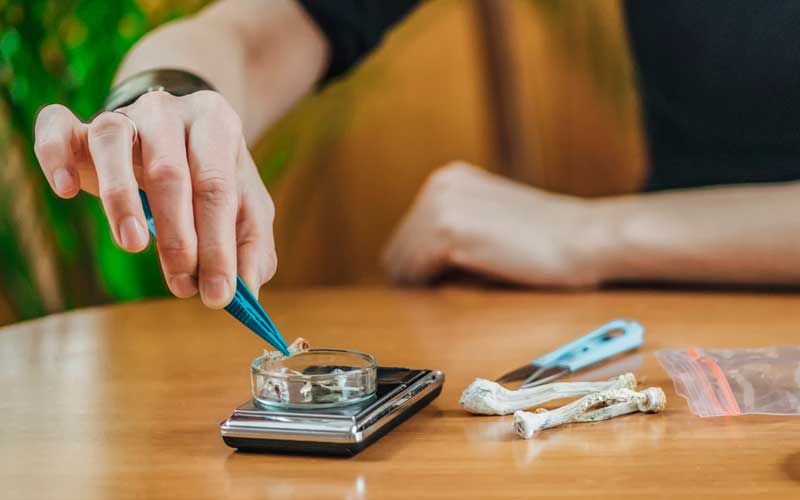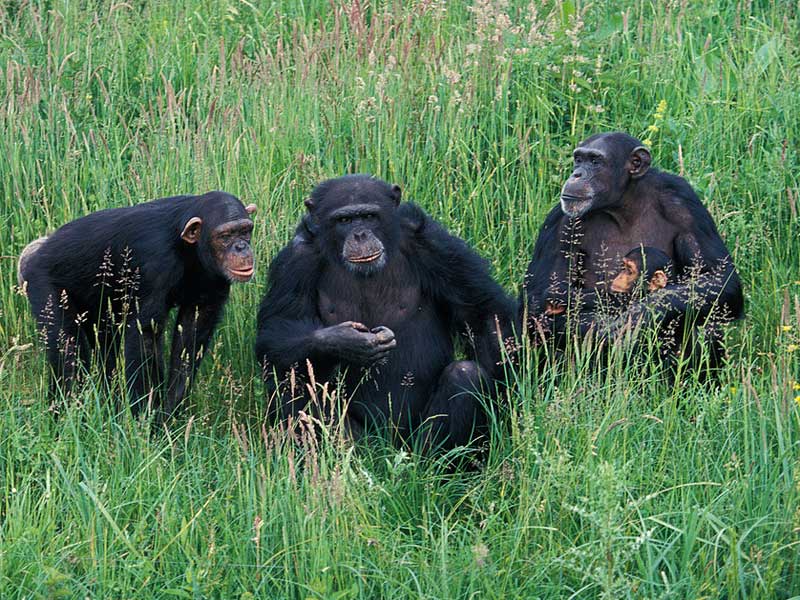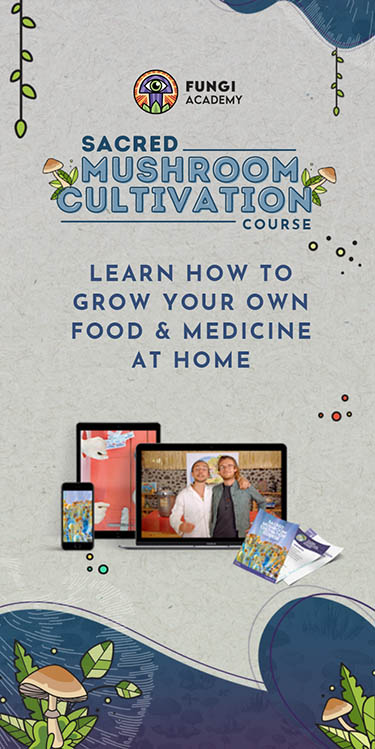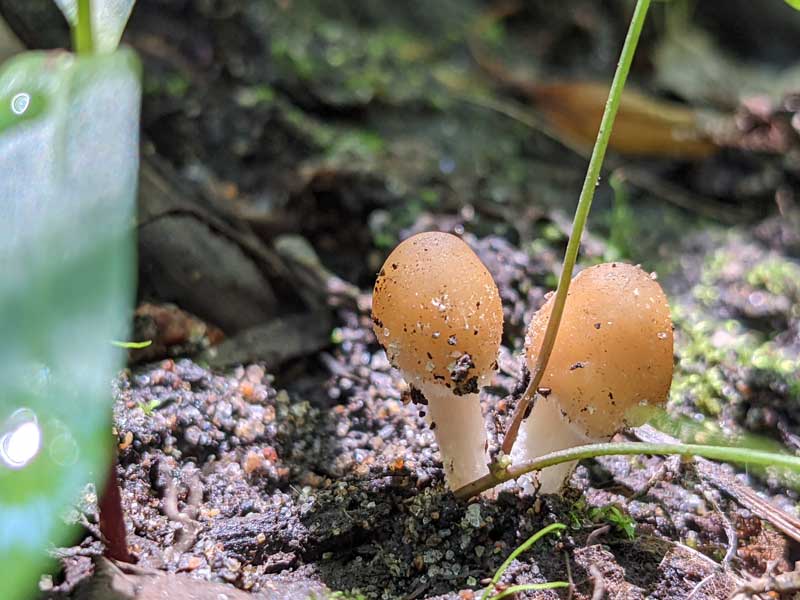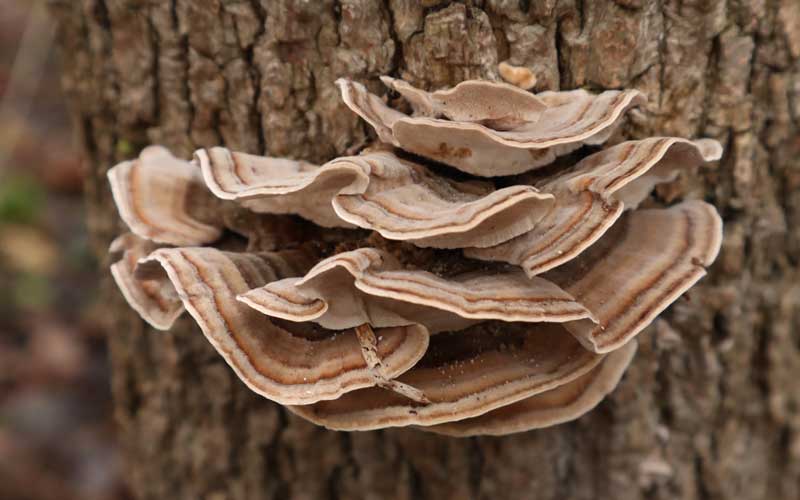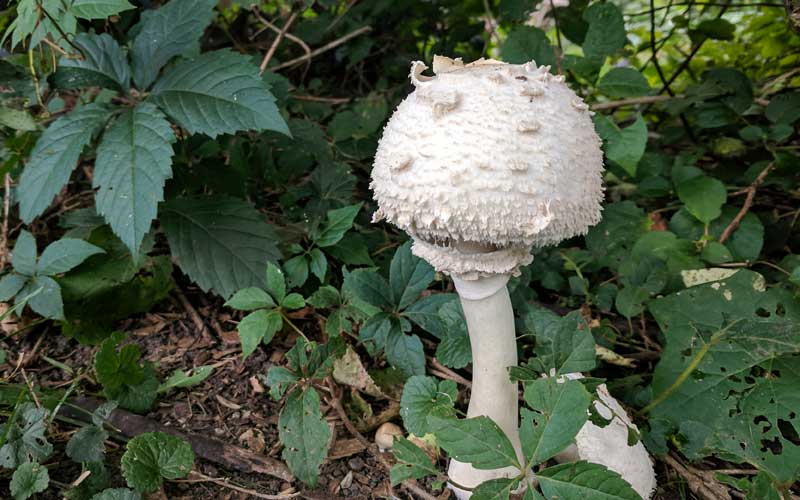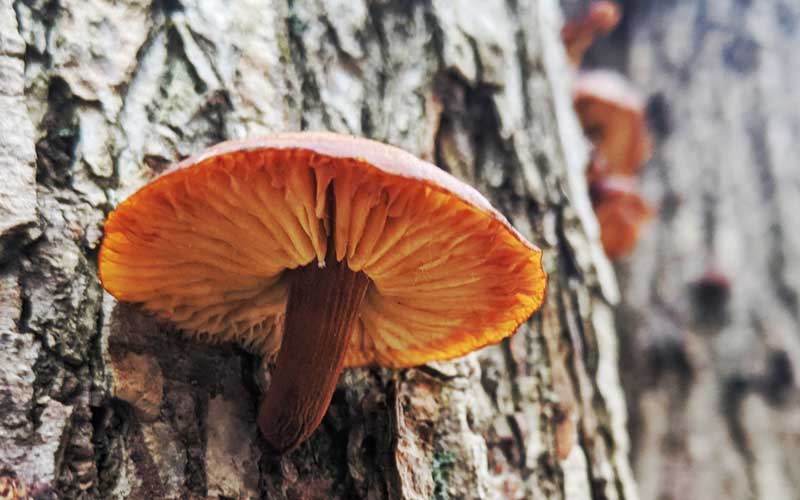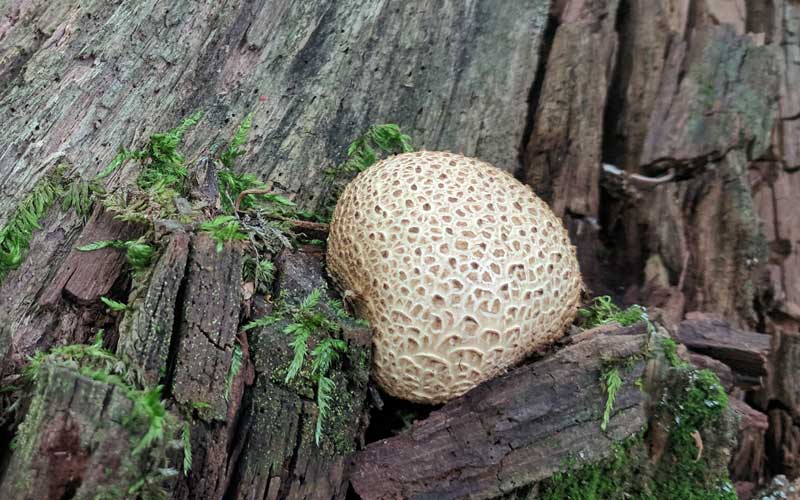- Home
- Magic Mushrooms
- Micro-Dosing
Micro-dosing with psilocybin — Can magic mushrooms lift your mood and boost your focus?
The ground is shifting.
Recently the FDA and the DEA made decisions that led to some forms of CBD — a compound derived from marijuana plants — being changed from a schedule 1 drug to a schedule 5.
Schedule 1 drugs are listed as having a high potential for abuse and no safe usage for medical therapies. Heroin, LSD, and peyote make this list… to name just a few examples.
Schedule 5 drugs, on the other hand, include substances like cough medicine.
So, it was a pretty big deal when CBD got shifted from schedule 1 to schedule 5.
Another controlled substance that’s under consideration for this same shift is psilocybin. There are a lot of medical doctors advocating for easier access to this “magic mushroom” compound… and they have good reason for taking the stance they do.
What is psilocybin?
But before we get into the potential health benefits of magic mushrooms, let’s back up a little bit and talk about psilocybin.
This is the active compound in psychedelic or magic mushrooms.
Psilocybin activates your serotonin receptors, usually in your prefrontal cortex… the area of your brain that’s in charge of mood, cognition, and perception.
When taken at full doses, psilocybin can lead to feelings of euphoria and spiritual awakening. But it can also cause paranoia, anxiety, confusion, and frightening hallucinations.
Because psilocybin has such a measurable effect on the mind and mood — while doing little to no damage to the body — some doctors have begun to explore harnessing it to produce mental health benefits… especially in people dealing with PTSD, depression, and anxiety disorders.
One way to use psilocybin to treat depression and other mood disorders may be through micro-dosing.
What is micro-dosing, exactly?
When you micro-dose, you take enough psilocybin to have an effect on your brain chemistry, but not so much that it impairs your cognitive ability or distorts your perceptions of reality.
Usually this is about one tenth of a full dose or less than one to three milligrams. Most people who micro-dose do so every three days for a couple of weeks.
Improving the mood and sense of well-being in someone with depression is desirable, but it becomes less desirable if they lose touch with reality as part of the package.
Micro-dosing intends to deliver benefits without the potential for a bad trip.
Logically speaking, this approach makes good sense.
Good enough, in fact, that in 2018 a team of four psychiatrists from the esteemed Johns Hopkins University made the case in Neuropharmocology, a peer-reviewed journal, for psilocybin being reclassified as a lower-risk controlled substance.
What conditions does micro-dosing help?
Micro-dosing with psilocybin shows the most potential to treat depression and anxiety. It may also improve your feeling of connection with people and the world around you. And it may boost cognitive function, especially the ability to focus.
Many of the studies so far are survey-based or analyze data gathered from discussions around micro-dosing in forums or on social media.
In one such study, researchers surveyed active micro-dosers. The participants routinely micro-dosed with either psilocybin or LSD. Among the participants, 26.6% reported that the practice improved their mood and 14.8% said they enjoyed a boost in their ability to focus.
A review of 14 studies involving healthy volunteers led researchers to conclude that a good case could be made for micro-dosing with psilocybin as a way to subtly boost cognitive processes. Specifically subjects showed signs of better time perception and of improved convergent and divergent thinking — meaning both problem-solving and creative ideation were given a boost from psilocybin.
Psilocybin also seemed to affect — in a positive way — the areas of the brain that are responsible for reacting to emotional issues, including beliefs, behavior, and experiences.
Micro-dosing had an effect on mood as well, but the results here were more mixed. Micro-dosing creates pleasant feelings, but it can also cause heightened anxiety and mood swings. Even so, the researchers concluded that the positive affects to emotional processing might have a net benefit for people struggling with depression.
Micro-dosing and its potential therapeutic benefits are in the infant stage as far as research goes. And progress is slow because of restrictions by the FDA.
But reviews of the information available suggest that a positive outcome is possible.
What are the dangers?
More research needs to be done to fully understand the long-term effects of micro-dosing with psilocybin.
One group of researchers laid out the questions that still need to be answered in the Journal of Psychopharmacology, stating that repeated micro-dosing could affect things like heart rate over time as well as memory retention. Their recommendation is that as more studies are being done to quantify the benefits of micro-dosing, some amount of attention also be given to the possible long-term impacts on a variety of health factors.
In the survey mentioned in the section above, active micro-dosers reported that in addition to the benefits they gain from micro-dosing, there were also negative outcomes. Eighteen percent reported experiencing some psychological discomfort after micro-dosing. And close to 7% said that the felt increased amounts of anxiety.
The review of studies found that, physically, micro-doses of psilocybin are well-tolerated in healthy individuals.
That means micro-dosing is likely safe, but while it may provide benefits to your mental health and cognitive abilities, it could also have undesirable affects.
And there’s still just so much we don’t know. In other words, proceed with caution.
If it’s still illegal, how can I take advantage of psilocybin?
Given that psilocybin is still a schedule 1 drug, is there a way you can take it while staying on the right side of the law?
The short answer is no. You cannot legally buy, sell or use psilocybin in Canada or in all but a few cities in the United States. The cities that have decriminalized psilocybin and the mushrooms that produce it are Ann Arbor in Michigan, Santa Cruz in California, Denver in Colorado, and Washington D.C.
Now, here’s where you can find a loophole.
Even though buying, selling, and growing psilocybin-producing mushrooms is illegal, it isn’t illegal to buy a grow kit or the mushroom spores (except in California, Idaho, and Georgia). So, in most places, you can buy what you need to grow your own psilocybin producing mushrooms.
You can find books on growing magic mushrooms through Barnes and Noble, Amazon, or any large or specialty bookstore. And you can find grow kits through online mushroom specialty shops.
If you suffer with depression, anxiety, or just struggle with your overall sense of well-being, micro-dosing with magic mushrooms may offer you some relief.
But remember, it’s smart to talk to you healthcare provider before taking a step like this. And no matter how you proceed, take care… individual experiences can vary widely.
As is often the case with mushrooms, there’s a sub-culture thing going on here too.
While doctors, researchers, and lawmakers discuss the pros and cons of legalizing magic mushrooms, psilocybin and micro-dosing, there’s a sub-culture of shroom lovers taking their own path, outside of the law.
First you have the magic mushroom enthusiasts who have been taking full “heroic” doses of psilocybin for years, or even decades.
Then you have the more cautious individuals, who don’t want a full-on hallucinogenic trip, but still want to experience some of the benefits of the magic mushroom experience.
More recently, we’re seeing a whole new group of people experimenting with micro-dosing. These are young professionals, many from Silicon Valley, who believe that micro-dosing psilocybin can improve their cognitive performance at work.
This is an interesting leap from one sub-culture to another… from shroom-lovers to tech professionals.
As for the future, who knows.
At some point maybe it will be legal for anyone to take a micro-dose of magic mushroom in the comfort of their own homes.
Related Topics:
Are Psychedelic Mushrooms Effective in Treating Depression?
Imagine if depression could be lifted by treatment with psychedelic mushrooms. The full article...
Psilocybin smoking cessation works better than prescription drugs.
If you’ve tried everything to quit smoking, magic mushrooms may be the key to success. Psilocybin smoking cessation has an 80% success rate in early tests. Read the full article...
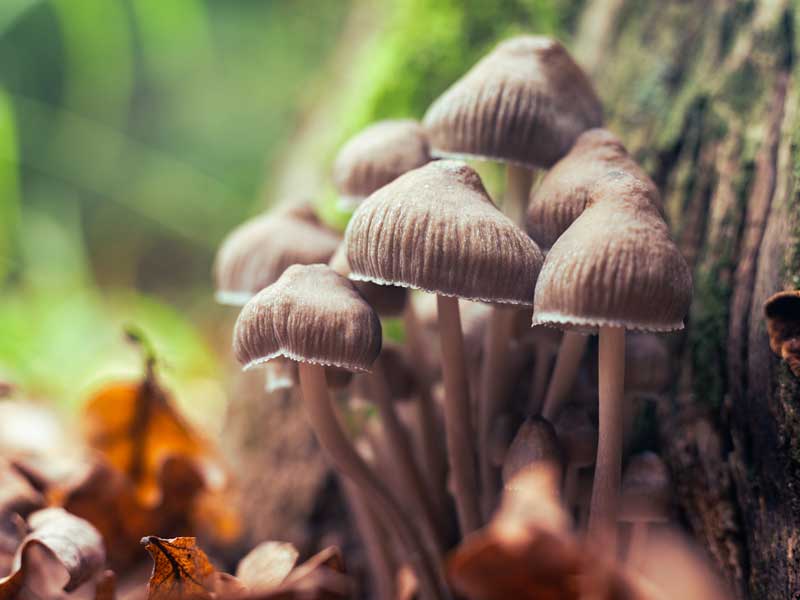
A brief history of magic mushrooms, and how they can improve our lives.
Magic mushrooms have played a role in the spiritual, psychological and mental health of people for millennia. Read the full article...
The Stoned Ape Theory – Magic Mushrooms and Our Great Leap Forward.
As a species, we’ve made some weird leaps forward in our evolution. The Stoned Ape Theory says magic mushrooms may have been involved. Read the full article...
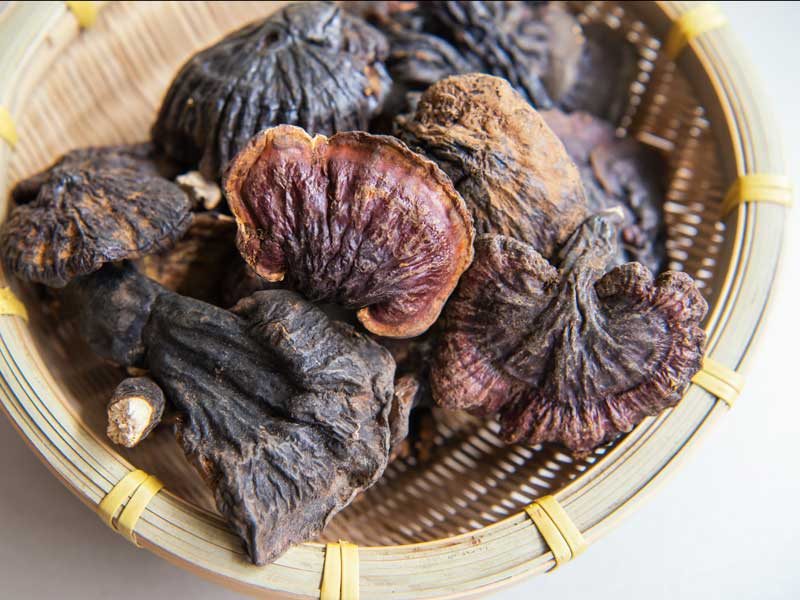
Medicinal mushrooms have been used by healers for thousands of years.
Medicinal mushrooms and fungi offer a variety of health benefits, many of them tied to supporting your natural immune system. Read the full article...
